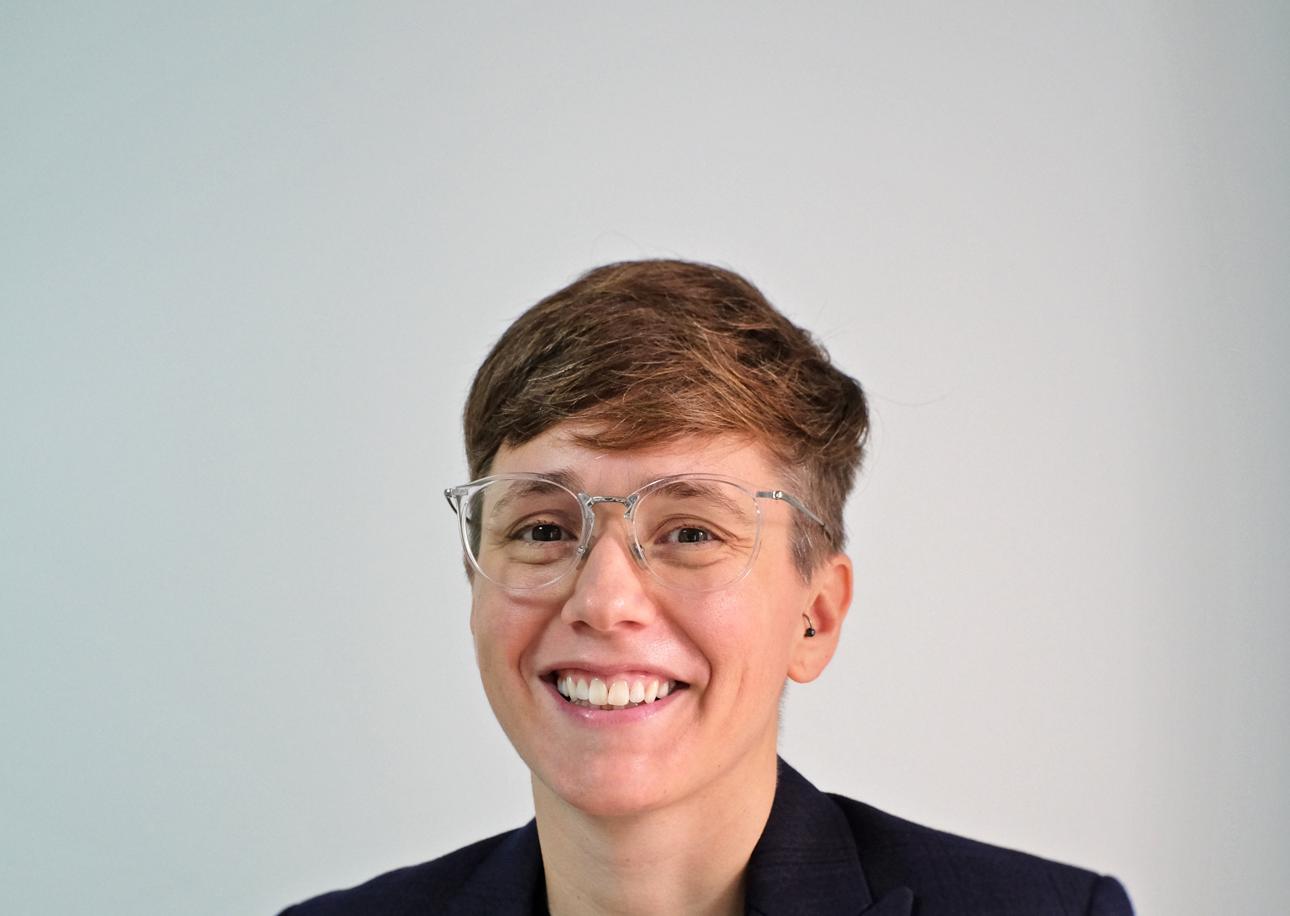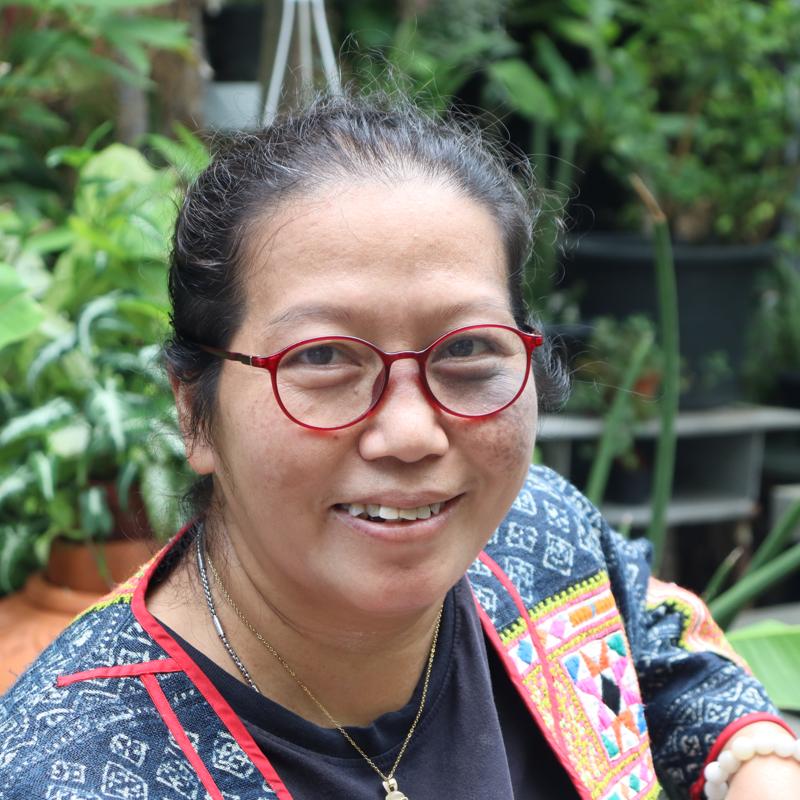Steps Community is a leading advocate for neurodiversity, dedicated to making a comfortable and inclusive environment for everyone. Their mission is to ensure that each individual’s strengths are recognised and nurtured. With a team of specialists and trainees, they run vocational training centres and a variety of social businesses, including coffee shops in Bangkok. These initiatives provide young adults with the skills and support they need to build fulfilling careers.
The person behind this initiative, Max Simpson, co-founder and CEO of Steps Community, believes in creating wide inclusion pathways—empowering employers and educators to recognise and embrace the potential of affected individuals whether as students, employees, customers or members of the community. At Koktail, we delve into his business mind to explore his vision, motivations and the future of neurodiversity in the workplace and beyond.
Steps: Creating Opportunities for Neurodivergent Individuals
“Steps was founded because our co-founders could see the gap between education opportunities and employment opportunities for the neurodivergent community in Thailand.”
Simpson is inspired by the book called The Reason I Jump: One Boy’s Voice from the Silence of Autism, an autobiographical account by Naoki Higashida, a largely nonspeaking autistic individual from Japan. He added that the book offers a true insight into the vastness and beauty of difference, and he hopes it has helped raise awareness and foster greater acceptance for the community.
Steps was founded in 2016 with a mission to foster an inclusive society where individuals are valued for who they are and can contribute as students, employees or customers. It began with allergen-friendly cafés and a training programme for the neurodivergent community to gain work skills. Since then, it has expanded to include UK-accredited vocational training centres in Bangkok and Phuket known as the Business Service Centre where companies outsource digital and administrative tasks to trainees and graduates, providing them with training and employment opportunities. Steps also offers workshops and has become a home to Southeast Asia’s first research centre dedicated to neuroinclusion in the workplace.
“Our passion for change is rooted in our belief that diversity is a good thing and it makes schools, workplaces and communities stronger.”
For Steps, the research centre plays a crucial role by adapting best practices from the West in education and employment for affected individuals and people with disabilities. These frameworks are studied for their effectiveness in Thailand and the wider region, with data from consulting work used to tailor them to the local culture, context and market needs.
Enhancing Potential through Inclusive Training Programmes
“We know that around 20% of people are neurodivergent, and that one in three will experience a short-term or long-term disability in their lifetime. Given this, it makes sense for organisations to strive to be inclusive employers and serve diverse customer bases.”
Steps’ approach is holistic and multi-faceted, focusing on both life and work skills to enhance independence and employability, with the goal of creating meaningful opportunities for individuals with neurodevelopment disabilities. The training centres offer programmes enabling trainees to pursue internationally recognised qualifications, such as ASDAN (Award Scheme Development and Accreditation Network) from the UK or TPQI (Thailand Professional Qualification Institute) in Thailand and the ASEAN region. Simpson and Steps prioritise two key goals: promoting self-advocacy and ensuring psychological safety in the workplace, empowering individuals to succeed.
He also emphasises the importance of direct collaboration with employers across all sectors—government, private and small to medium enterprises. This partnership sets Steps apart, as the team works closely with organisations to create inclusive workplaces. They provide low-cost, effective solutions that make it easier for employers to support neurodivergent persons, offering tailored strategies that ensure sustainable inclusion.
Building a Supportive and Expert Team
At the core of Steps’ success is its team of professionals, each bringing expertise in their field and a shared commitment to challenging barriers.
“One of the biggest challenges is the stigma surrounding neurodiversity and disability—the belief that individuals are limited and only require charity.”
The misconception that neurodivergent individuals are limited in their potential and in need of charity has become a significant challenge. This perspective tends to overlook their strengths and abilities, focusing on perceived challenges rather than recognising the full extent of their contributions and potential.
“Our trainees have a wide range of needs, personalities and aspirations. Like any high-quality education programme, it’s essential to create a safe and supportive community while also tailoring individual education plans to meet each person’s needs. This requires time, resources and a dedicated team.”
At Steps, great care has been taken in building a team that combines expertise in their respective fields with a shared commitment to challenging and changing the stigma surrounding neurodiversity and disability. The team is driven by a desire to make a lasting impact, both within Steps and in the wider world. Their focus is on reshaping perceptions, advocating for a society where neurodiversity is embraced and valued, and where individuals are recognised for their contributions rather than just their needs.
Mission for the Future for Inclusive Growth
“We have expanded because we recognise the growing demand—schools and employers are eager to become more inclusive and donors are seeking more systemic change.”
Steps has become increasingly successful as it grows, driven by partnerships with international hotel groups and multinational corporations. According to the Steps Community website, the organisation has provided 6,350 hours of internships and 10,764 hours of workplace training to its trainees. Neurodivergent individuals at the Business Service Centre have managed 69,295 documents, and Steps trainees have contributed 7,861 hours of bakery production for B2B partners, creating paid employment and work experience opportunities.
“This shows us that the world’s largest and most successful companies view diversity, equity and inclusion not as a passing trend, but as a strategic priority that helps them achieve recruitment goals, retain employees, build a strong organisational culture and increase revenue.”
The aim is to broaden their work regionally and adapt effective practices in education and employment to local needs. In some areas, governments have introduced policies requiring employers to hire individuals with disabilities. While these measures are of good intention, they can sometimes become challenges, such as leading to token employment or increased government spending to support those who face barriers to work due to educational gaps. Simpson asserts that collaborating with paediatricians to improve early diagnosis and interventions is a key priority. Building stronger partnerships with schools to encourage inclusion, enhance early childhood education and create better pathways for secondary students are also essential for fostering more inclusive education systems. They also plan to include an annual human resources tour to engage employers and NGOs, fostering collaboration and promoting inclusive employment opportunities.
“We are excited about our upcoming HR Inclusion Tour, which will take our team to four countries and provinces across Thailand beyond Bangkok. During the tour, we will share our insights on employment with more companies and offer training to NGOs and foundations in local areas.”









